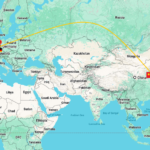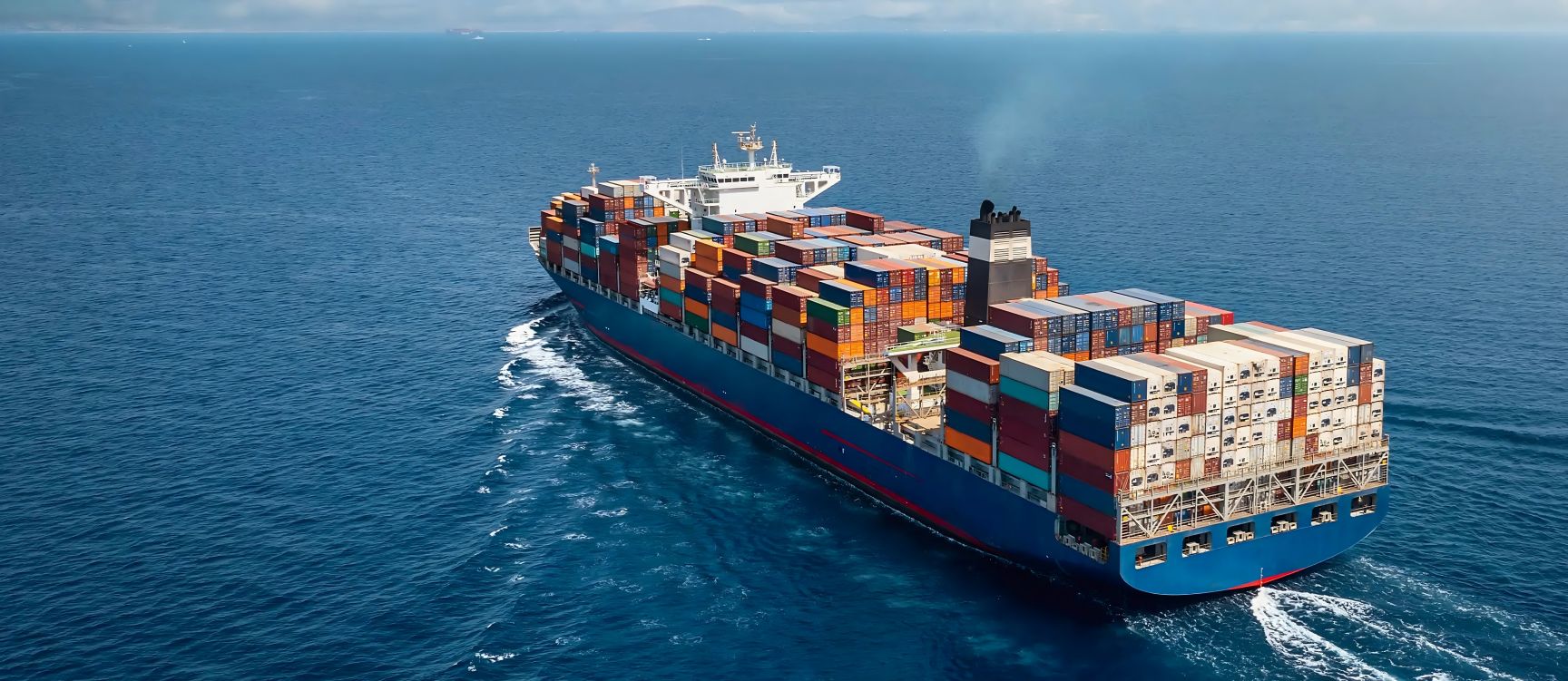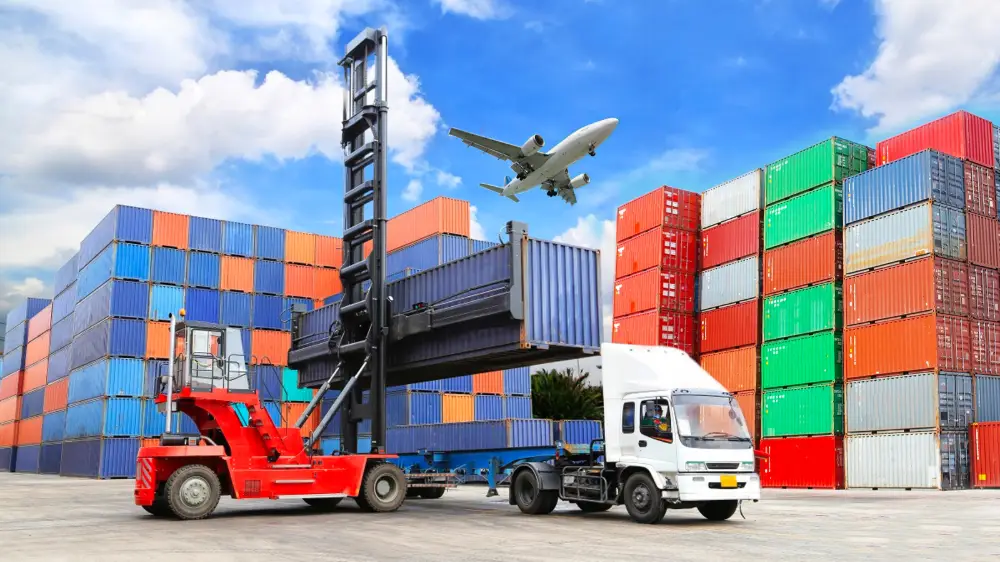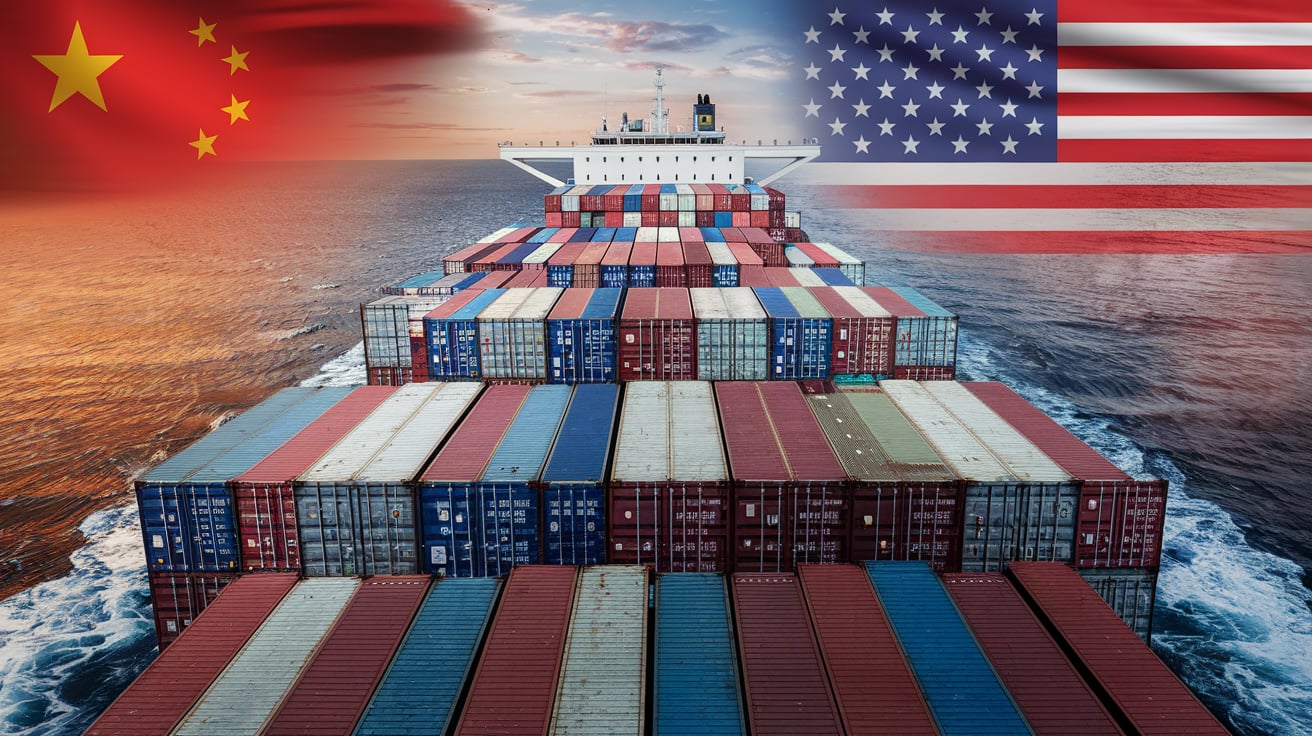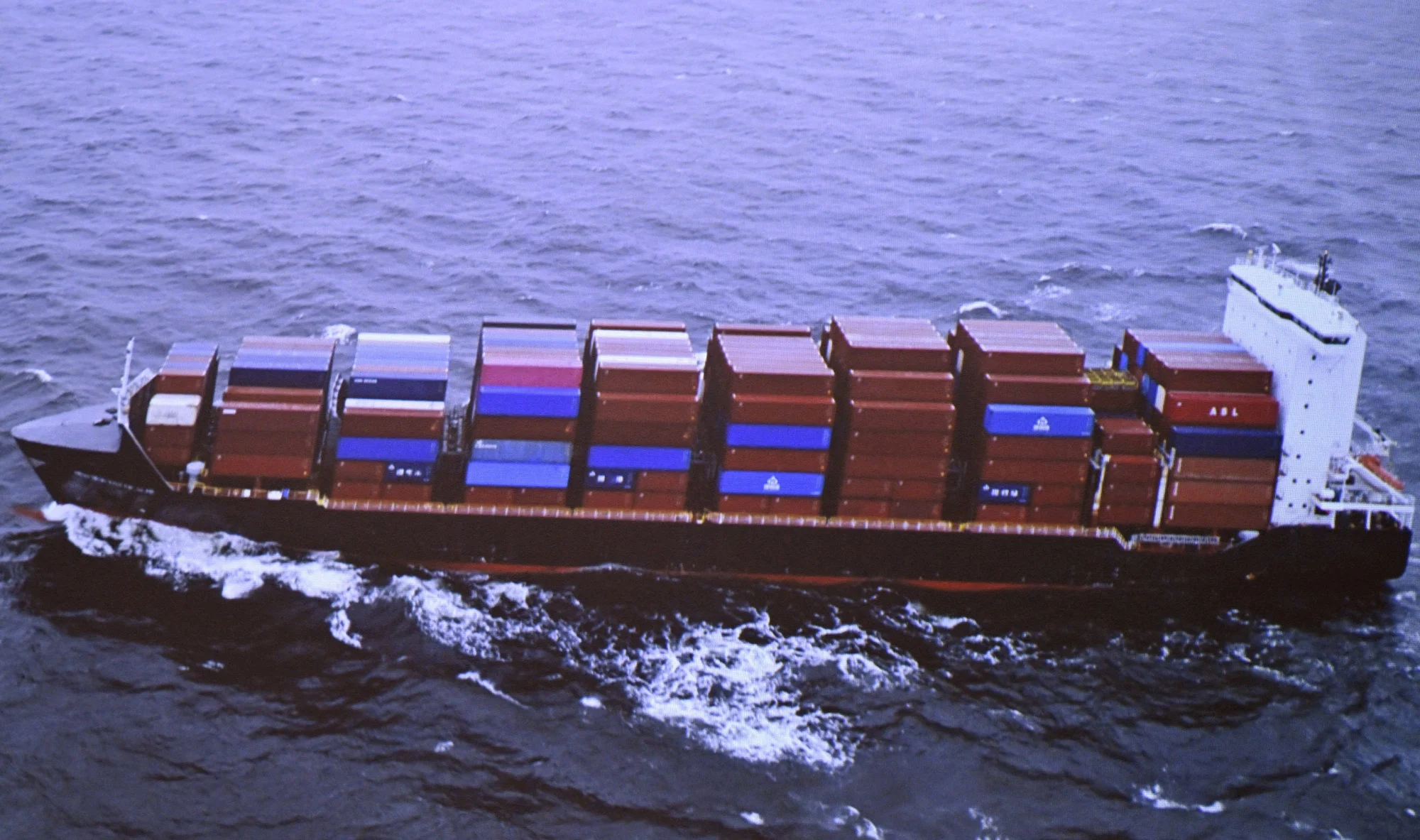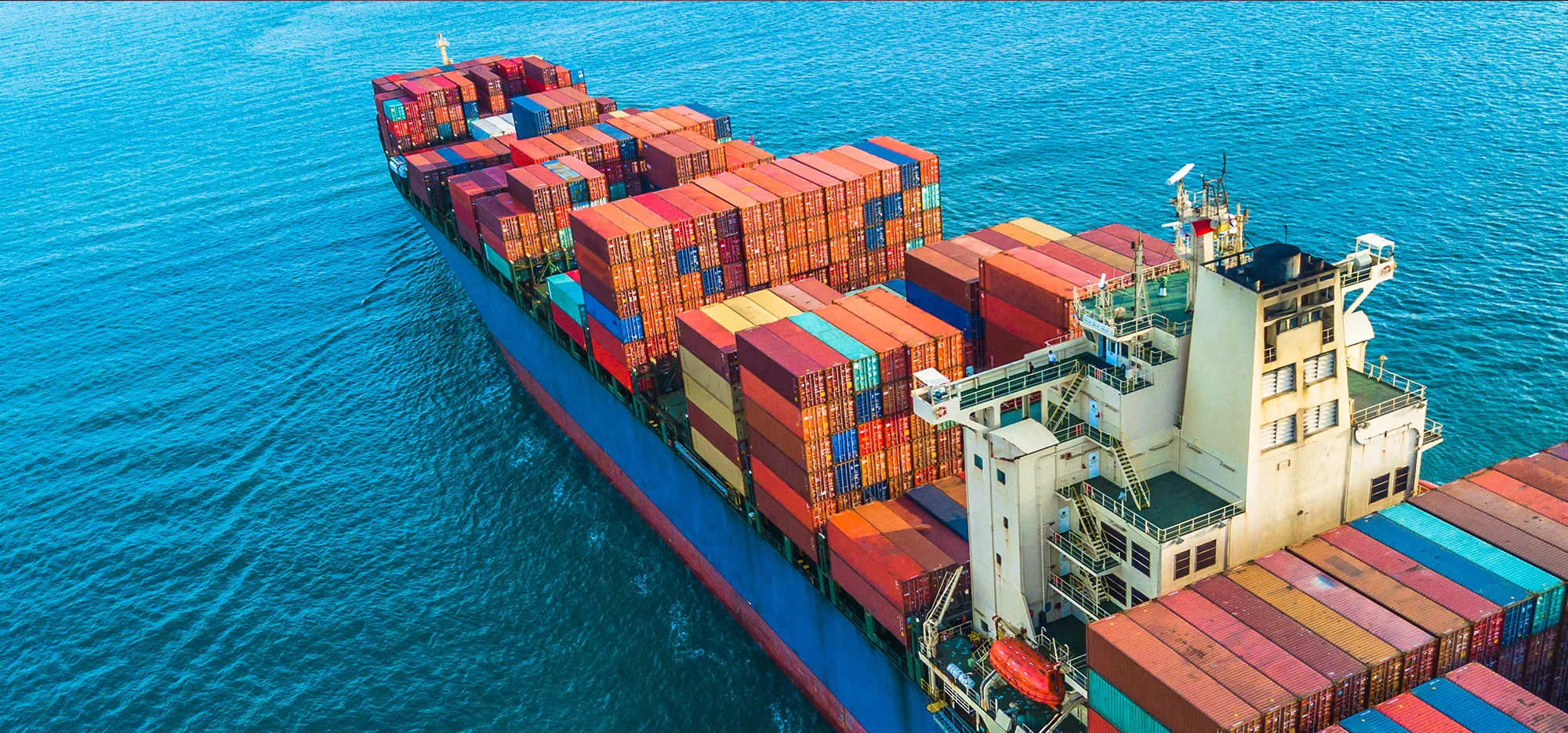Shipping goods from China to Germany can be a complex process, laden with challenges such as customs regulations, transportation options, and logistics management. Understanding the role of a freight forwarder is essential for ensuring a smooth shipping experience. In this guide, we will explore the significance of freight forwarding in international shipping, the benefits of choosing a qualified forwarder, and practical steps to select the right partner for your logistics needs. Whether you are a seasoned importer or new to international trade, these insights will help you navigate the intricacies of shipping with ease and confidence.

What is a Freight Forwarder?
A freight forwarder acts as an intermediary between shippers and various transportation services. Their primary function is to facilitate the movement of goods from one location to another, ensuring that shipments are transported efficiently and in compliance with international shipping regulations. Freight forwarders coordinate all aspects of shipping, including documentation, customs clearance, and carrier selection. They leverage their extensive networks and industry expertise to provide cost-effective and reliable shipping solutions.
Role of Freight Forwarders in International Shipping
Freight forwarders serve multiple roles in the international shipping process:
-
Coordination of Transportation: They manage the logistics of moving goods across borders, selecting the most suitable transportation modes—be it air freight, sea freight, or overland transport.
-
Documentation and Compliance: Freight forwarders handle essential paperwork, such as bills of lading, customs declarations, and commercial invoices, ensuring compliance with both local and international regulations.
-
Customs Clearance: They facilitate customs clearance, a vital process for international shipments, by liaising with customs authorities to avoid delays and additional costs.
-
Insurance Services: Many freight forwarders offer insurance services, ensuring that shipments are protected against loss or damage during transit.
-
Warehouse Services: They often provide warehouse services to manage inventory before distribution, offering short-term storage solutions for businesses.
Why Choose a Freight Forwarder for Shipping from China to Germany?
Expertise in International Shipping
When shipping goods from China to Germany, the complexities of international logistics can be daunting. A qualified freight forwarder possesses specialized knowledge of shipping regulations, customs requirements, and market conditions. They understand the nuances of different modes of transport and can provide tailored solutions that meet clients’ specific needs. For instance, they can advise on the best shipping routes and modes based on the nature of the goods being shipped.
Cost-Effectiveness
Engaging a freight forwarder can lead to significant cost savings. They have established relationships with carriers and service providers, allowing them to negotiate competitive shipping rates. By consolidating shipments and optimizing logistics, freight forwarders can reduce overall transport costs. Furthermore, they can help avoid unexpected expenses related to customs fees or delays by ensuring compliance with regulations.
Simplified Logistics Management
Managing logistics can be a complex and time-consuming task. A freight forwarder simplifies this process by being a single point of contact for all shipping needs. From coordinating transportation to handling documentation, they streamline logistics management, allowing businesses to focus on their core operations. This simplification is especially beneficial for businesses new to international trade or those without dedicated logistics teams.
Risk Management
Shipping internationally involves inherent risks, including shipment loss, damage, and delays. A professional freight forwarder employs risk management strategies to mitigate these threats. They offer various insurance options to protect cargo during transit and provide contingency plans to handle unexpected challenges. Their expertise in navigating customs and regulatory issues also reduces the likelihood of delays and associated costs.
Value-Added Services
In addition to the core services of transportation and customs clearance, freight forwarders often provide value-added services that enhance the overall shipping experience. These may include:
-
Real-time Tracking: Many freight forwarders offer tracking systems that allow shippers to monitor their shipments in real-time, providing transparency and peace of mind.
-
Consolidation Services: For businesses shipping smaller loads, freight forwarders can consolidate multiple shipments into one, helping to reduce freight costs.
-
Consultation Services: They can offer advice on market trends, shipping documentation, and compliance, empowering businesses to make informed decisions.
-
Returns Management: Some freight forwarders assist with reverse logistics, managing returns efficiently to minimize losses.
-
Customized Solutions: Freight forwarders can tailor their services to meet specific client needs, whether it’s handling hazardous materials or providing specialized packaging.
Choosing a reputable freight forwarder like Dantful International Logistics can significantly enhance your shipping experience from China to Germany. With their expertise, cost-effectiveness, and comprehensive range of services, they provide a highly professional, cost-effective, and high-quality one-stop international logistics service provider for global traders.
Read More:
- Shipping From China To Netherlands
- Shipping From China To Spain
- Shipping From China To Germany
- Shipping From China To France
- Shipping From China to Italy
- Shipping From China To Poland
- Shipping From China to United Kingdom
Steps to Select the Right Freight Forwarder from China to Germany
Assess Your Specific Shipping Needs
Before embarking on the search for a freight forwarder, it is essential to assess your specific shipping requirements. Consider factors such as the type of goods you are shipping, their dimensions and weight, expected shipping frequency, and delivery timelines. Determine whether you require additional services such as customs clearance, warehouse services, or insurance services. By outlining your specific needs, you can narrow down potential freight forwarders that align with your logistics requirements.
Research Potential Forwarders
Conduct thorough research to identify potential freight forwarders. Utilize online resources, industry publications, and trade associations to gather information. Look for forwarders specializing in shipping from China to Germany, as they will have a better understanding of the associated regulations, customs requirements, and logistics solutions. Consider factors such as their experience in the industry, the range of services they offer, and their geographic coverage.
Request and Compare Quotes
Once you have compiled a list of potential freight forwarders, request quotes to compare pricing and services. Provide them with detailed information about your shipments, including dimensions, weight, destination, and any special requirements. Analyze the quotes not only for cost but also for the scope of services offered. Keep in mind that the cheapest option may not always provide the best value in terms of reliability and additional services.
Check References and Reviews
It is vital to check references and reviews for the freight forwarders you are considering. Reach out to previous clients to gain insights into their experiences. Look for testimonials and reviews on independent platforms, as this will provide a well-rounded view of the forwarder’s reliability and service quality. Pay attention to any recurring issues or complaints, particularly related to delays, communication, or customer service.
Evaluate Communication and Responsiveness
Effective communication is a cornerstone of successful freight forwarding. Evaluate how responsive potential forwarders are during the inquiry phase. A reliable freight forwarder should be proactive in addressing your questions and concerns, providing clear information about their processes. Gauge their communication style—whether they prefer phone calls, emails, or online chat—and ensure it aligns with your preferences. A forwarder’s ability to communicate effectively can significantly impact the efficiency of your shipping experience.
Consider a Trial Shipment
If possible, consider conducting a trial shipment with the selected freight forwarder. This allows you to evaluate their processes, responsiveness, and overall service quality with minimal risk. Monitor the shipment closely, assessing factors such as transit time, communication during the process, and the condition of goods upon arrival. A trial shipment provides valuable insights that can help solidify your decision in choosing the right freight forwarder for future shipments.
Key Shipping Methods from China to Germany
Air Freight
Air freight is known for its speed and efficiency, making it a popular choice for shipping time-sensitive goods. This method is ideal for products that need to reach their destination quickly, such as electronics, fashion items, and perishable goods. While air freight tends to be more expensive compared to other methods, the benefits of reduced transit time often justify the cost.
Benefits of Air Freight:
- Fast delivery times ranging from 1 to 5 days, depending on the origin and destination.
- Real-time tracking and updates.
- Greater security due to controlled environments during transit.
Sea Freight
Sea freight is the most common shipping method for bulk goods and larger shipments. It is significantly more cost-effective than air freight, making it the preferred choice for businesses looking to minimize logistics costs. Transportation by sea typically takes longer—ranging from 20 to 40 days—but is ideal for non-urgent shipments such as furniture, machinery, and raw materials.
Benefits of Sea Freight:
- Lower shipping costs, particularly for large volumes.
- Capacity to ship oversized items that may not meet air freight restrictions.
- Environmentally friendly option, producing lower carbon emissions per ton.
Express Shipping
For urgent shipments that still require cost-effectiveness, express shipping services provide a middle ground between air freight and standard shipping methods. Companies like DHL, FedEx, and UPS offer express shipping with guaranteed delivery times typically within 1 to 3 days. This method is suitable for smaller parcels and important documents that require quick delivery without the premium costs associated with traditional air freight.
Benefits of Express Shipping:
- Fast transit times, ensuring that critical shipments arrive promptly.
- Comprehensive tracking and handling services.
- Reliability, with service guarantees and compensation options for delays.
Choosing the right shipping method is crucial based on your product type, budget, and urgency. Dantful International Logistics offers a full range of services, including air freight, sea freight, and express shipping options, tailored to meet your unique shipping needs from China to Germany. For more details on their services or to request a quote, visit Dantful International Logistics.
Choosing the Right Freight Forwarder from China to Germany
When selecting a freight forwarder to facilitate shipments from China to Germany, a strategic approach is vital to ensure an efficient, cost-effective process. Consider the following key factors.
Reputation and Experience
The reputation and experience of a freight forwarder are paramount. Established firms with a proven track record are more likely to possess the necessary expertise to navigate the complexities of international shipping. A reputable freight forwarder should have:
-
Industry Experience: Look for freight forwarders who specialize in shipping from China to Germany. Their familiarity with the specific regulations, customs processes, and market dynamics will help prevent potential delays and additional costs.
-
Positive Reviews: Research online reviews and testimonials from previous clients. Look for feedback regarding reliability, service quality, and overall satisfaction. Recommendations from businesses within your industry can also provide valuable insights.
-
Certifications and Affiliations: Verify if the freight forwarder holds relevant certifications (e.g., IATA for air freight, FMC for sea freight) and affiliations with industry organizations. These credentials can enhance their credibility and signify adherence to industry standards.
Service Offerings and Flexibility
A comprehensive range of services is essential when choosing a freight forwarder. Consider the following aspects of their service offerings:
-
Variety of Shipping Modes: Ensure the forwarder provides multiple shipping options, such as air freight, sea freight, and express shipping. This flexibility allows you to choose the best method based on your budget and timeline.
-
Value-Added Services: Inquire about additional services such as customs clearance, insurance services, warehouse services, and tracking capabilities. A forwarder that offers a one-stop solution can simplify your logistics management.
-
Adaptability: Look for a freight forwarder that can adapt to fluctuating business needs. This includes accommodating changes in shipment volume, urgent requests, and handling any unique challenges that may arise.
Customer Support and Communication
Effective customer support and communication are critical components of a successful partnership with a freight forwarder. Evaluate their responsiveness and clarity in communication:
-
Accessibility: Consider how easy it is to reach the freight forwarder. Are they available during your business hours? Do they offer multiple channels of communication (phone, email, online chat)?
-
Proactive Communication: A reliable freight forwarder should provide regular updates on shipment status, potential delays, and any issues that may arise. They should be forthcoming in addressing your questions or concerns.
-
Problem Resolution: Assess their approach to resolving problems that may occur during the shipping process. A forwarder with a strong customer service philosophy will work diligently to find solutions and ensure a positive experience.
Dantful International Logistics Services:
- Dantful Ocean Freight Services
- Air Freight From China
- Amazon FBA Freight Forwarding
- WAREHOUSE Services
- One-Stop Customs Clearance Solution
- Cargo Insurance Services in China
- DDP Shipping Services By Dantful Logistics
- Out of Gauge Cargo Transportation Shipping Services
Cost Considerations for Shipping from China to Germany
Understanding the costs associated with shipping from China to Germany is crucial for effective budgeting and expense management. Here’s a detailed look at potential costs involved and tips for minimizing expenses.
Breakdown of Potential Costs Involved
Shipping Method Costs
The choice of shipping method significantly impacts the overall cost of transportation. Here are typical costs associated with different shipping modes:
| Shipping Method | Estimated Cost Range (per kg) | Transit Time |
|---|---|---|
| Air Freight | $5 – $10 | 1-5 days |
| Sea Freight | $0.50 – $3 | 20-40 days |
| Express Shipping | $10 – $20 | 1-3 days |
These costs can vary based on factors such as shipment weight, dimensions, and the specific carrier used.
Additional Fees (Customs, Insurance, etc.)
In addition to shipping method costs, consider other potential fees:
-
Customs Duties and Taxes: Import duties, VAT, and other taxes depend on the value and nature of the goods being shipped. Research applicable rates to avoid unexpected expenses.
-
Insurance: While insurance is an additional cost, it is advisable to protect your shipment from potential loss or damage. Rates typically vary based on the shipment’s value and the chosen coverage.
-
Handling Fees: Some freight forwarders may charge handling fees for loading, unloading, and managing your cargo at ports or warehouses.
-
Storage Fees: If your cargo requires temporary storage, inquire about potential storage fees and policies.
Tips for Minimizing Shipping Expenses
Reducing shipping costs requires careful planning and strategic decision-making. Here are some actionable tips:
-
Consolidate Shipments: If possible, consolidate multiple smaller shipments into a single larger shipment. This can reduce overall transportation costs and help you take advantage of volume discounts.
-
Negotiate Rates: Don’t hesitate to negotiate rates with your freight forwarder. Established relationships and regular shipping can lead to better pricing options.
-
Evaluate Shipping Options: Regularly assess various shipping methods and carriers. Choose the best balance between cost and transit time that meets your shipping needs.
-
Plan Ahead: Provide your freight forwarder with ample notice regarding shipments. Last-minute requests may incur higher costs due to expedited services.
-
Use Technology: Utilize freight forwarding platforms that offer real-time quotes and comparisons among multiple carriers. This can facilitate informed decisions and optimal pricing.
Dantful International Logistics offers a plethora of services to assist you in effectively navigating the logistics of shipping from China to Germany. With our expertise in customs clearance, insurance services, and a range of shipping methods, we can help streamline your shipping process while controlling costs.
Frequently Asked Questions (FAQs)
1. What is the role of a freight forwarder in the shipping process?
A freight forwarder acts as an intermediary between shippers and transportation services. They coordinate the logistics of moving goods, handle necessary documentation, ensure compliance with regulations, facilitate customs clearance, offer insurance services, and may provide warehouse services.
2. Why should I choose a freight forwarder for my shipments from China to Germany?
Choosing a freight forwarder simplifies logistics management, provides expertise in international shipping regulations, and can lead to cost savings through competitive rates and optimized shipping routes. They also help mitigate risks associated with international shipping.
3. What are the main shipping methods available from China to Germany?
The primary shipping methods are:
- Air Freight: Fast delivery times (1-5 days) but generally more expensive.
- Sea Freight: Cost-effective for bulk goods (20-40 days) but slower.
- Express Shipping: A middle-ground option for urgent shipments (1-3 days) with moderate costs.
4. How can I select the right freight forwarder?
To select the right freight forwarder, assess your specific shipping needs, research potential forwarders, request and compare quotes, check references and reviews, evaluate communication effectiveness, and consider conducting a trial shipment.
5. What costs should I expect when shipping from China to Germany?
Costs vary based on the shipping method, weight, and other factors. Typical estimates include:
- Air Freight: $5 – $10 per kg
- Sea Freight: $0.50 – $3 per kg
- Express Shipping: $10 – $20 per kg
In addition, consider customs duties, insurance, handling fees, and potential storage fees.
6. What tips can help minimize shipping expenses?
To minimize shipping costs, consider consolidating shipments, negotiating rates with freight forwarders, evaluating shipping options regularly, planning ahead to avoid expedited service costs, and utilizing technology to compare quotes from multiple carriers.

Young Chiu is a seasoned logistics expert with over 15 years of experience in international freight forwarding and supply chain management. As CEO of Dantful International Logistics, Young is dedicated to providing valuable insights and practical advice to businesses navigating the complexities of global shipping.

